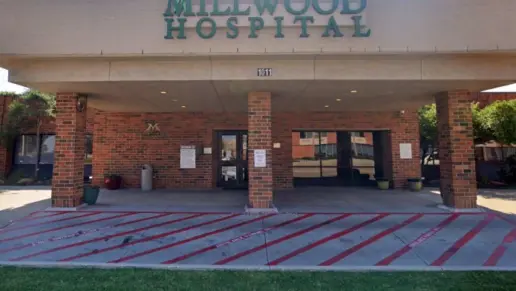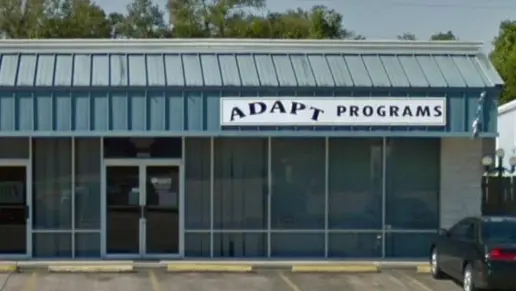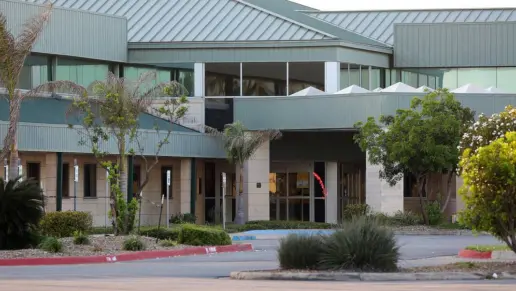About MHMR Tarrant County Circle Drive Clinic
MHMR Tarrant County Circle Drive Clinic in Fort Worth, Texas, is part of My Health My Resources Tarrant County, the second largest community center in Texas. They offer a wide range of services, including one of the largest addiction treatment programs in the area. They help both youth and adults experiencing substance use disorders and dual diagnoses.
Something that often holds people back from getting help is cost. During your screening the staff will talk with you about your eligibility and the different payment options available. Services for both adults and teens are offered on a sliding fee scale. Your treatment may even be covered by Medicaid or private insurance.
Many people starting recovery need help with detox. In the past detox often meant a hospital stay, but that isn’t always the case anymore. MHMR offers outpatient detox using treatments like auricular acupuncture, Suboxone assisted withdrawal and individual and group counseling.
Most people are curious about how long they’ll spend in addiction treatment. The answer depends on your unique needs. Typically their outpatient programs last between 12 and 24 weeks. Most clients attend one to four group sessions each week and at least one individual session each month. Detox usually takes five to seven days.
What clients appreciate when they come here is that treatment plans are individualized. Not every drug rehab center does this. Whether you’re dealing with anger, need help with parenting or are looking to prevent relapse, your plan will be designed around what you’re going through. If you’ve been in treatment before but relapsed then focusing on relapse prevention becomes especially important.
The clinic specializes in trauma sensitive care, which is another unique feature. They understand how past experiences can affect your mental and emotional health, and they make sure you feel safe and supported throughout your treatment.
Certified Peer Specialists are there for extra support. They’ll help you get to your first appointments, offer life coaching and mentor you during recovery. They can also assist with finding work and making sure you’re getting the right treatment for your needs.
Circle Drive Clinic stands out for its commitment to helping people rebuild and move forward in recovery. They offer practical support and a compassionate, personalized approach to treatment.
Rehab Score
Gallery
Other Forms of Payment
Private insurance refers to any kind of healthcare coverage that isn't from the state or federal government. This includes individual and family plans offered by an employer or purchased from the Insurance Marketplace. Every plan will have different requirements and out of pocket costs so be sure to get the full details before you start treatment.
Self-pay involves paying for treatment out of your own pocket. You can use savings or credit, get a personal loan, or receive help from family and friends to fund your treatment. If you don't have insurance or your insurance plan doesn't cover a specific program, self-pay can help ensure you still get the care you need.
Financial aid can take many forms. Centers may have grants or scholarships available to clients who meet eligibility requirements. Programs that receive SAMHSA grants may have financial aid available for those who need treatment as well. Grants and scholarships can help you pai for treatment without having to repay.
Sliding scale payments are based on a client's income and family size. The goal is to make treatment affordable to everyone. By taking these factors into account, addiction recovery care providers help ensure that your treatment does not become a financial burden to you or your family, eliminating one barrier to care.
Medicare is a federal program that provides health insurance for those 65 and older. It also serves people under 65 with chronic and disabling health challenges. To use Medicare for addiction treatment you need to find a program that accepts Medicare and is in network with your plan. Out of pocket costs and preauthorization requirements vary, so always check with your provider.
Military members, veterans, and eligible dependents have access to specific insurance programs that help them get the care they need. TRICARE and VA insurance can help you access low cost or no cost addiction and mental health treatment. Programs that accept military insurance often have targeted treatment focused on the unique challenges military members, veterans, and their families face.
Medicaid is a state based program that helps lower-income individuals and families pay for healthcare. Medicaid covers addiction treatment so those enrolled can use their coverage to pay for rehab. When a program accepts Medicaid the client often pays very little or nothing out of their own pocket.
Addiction Treatments
Levels of Care
Treatments
Many of those suffering from addiction also suffer from mental or emotional illnesses like schizophrenia, bipolar disorder, depression, or anxiety disorders. Rehab and other substance abuse facilities treating those with a dual diagnosis or co-occurring disorder administer psychiatric treatment to address the person's mental health issue in addition to drug and alcohol rehabilitation.
Mental health rehabs focus on helping individuals recover from mental illnesses like bipolar disorder, clinical depression, anxiety disorders, schizophrenia, and more. Mental health professionals at these facilities are trained to understand and treat mental health issues, both in individual and group settings.
Programs




Clinical Services
The goal of cognitive behavioral therapy (CBT) in Texas is to change thought patterns, which leads to changes in behavior. Specific techniques during CBT can include self talk, SMART goals, journaling, and positive activities.
Group therapy is any therapeutic work that happens in a group (not one-on-one). There are a number of different group therapy modalities, including support groups, experiential therapy, psycho-education, and more. Group therapy involves treatment as well as processing interaction between group members.
In individual therapy, a patient meets one-on-one with a trained psychologist or counselor. Therapy is a pivotal part of effective substance abuse treatment, as it often covers root causes of addiction, including challenges faced by the patient in their social, family, and work/school life.
Trauma therapy addresses traumatic incidents from a client's past that are likely affecting their present-day experience. Trauma is often one of the primary triggers and potential causes of addiction, and can stem from child sexual abuse, domestic violence, having a parent with a mental illness, losing one or both parents at a young age, teenage or adult sexual assault, or any number of other factors. The purpose of trauma therapy is to allow a patient to process trauma and move through and past it, with the help of trained and compassionate mental health professionals.
Research clearly demonstrates that recovery is far more successful and sustainable when loved ones like family members participate in rehab and substance abuse treatment. Genetic factors may be at play when it comes to drug and alcohol addiction, as well as mental health issues. Family dynamics often play a critical role in addiction triggers, and if properly educated, family members can be a strong source of support when it comes to rehabilitation.
Life skills trainings involve all the skills a person must have in order to function successfully in the world. These include time management, career guidance, money management, and effective communication. Truly successful addiction recovery is based on the ability to not only live substance-free, but to thrive. Life skills teaches the practical necessities of functioning in society, which sets clients up for success in life, and therefore sobriety.
What you eat has a significant effect on your mental and physical health. That's why many addiction recovery programs in Texas incorporate nutrition therapy in their treatment. This therapy teaches you how addiction affects nutrition, what foods are best to eat during recovery, and how to shop for and prepare healthy meals.
When used as recommended, nicotine replacement therapy in Texas provides enough nicotine to help you avoid severe cravings and withdrawal symptoms after quitting smoking. This increases comfort so you're less likely to relapse into your smoking habit.
Amenities
-
Residential Setting
Staff & Accreditations
Staff

Chief Executive Officer

Chief of Staff

Chief Medical Officer
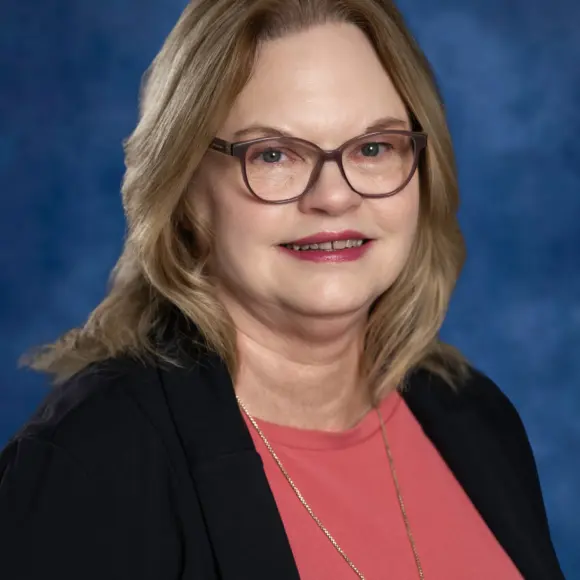
Deputy Chief of Program Systems

Chief Program Officer
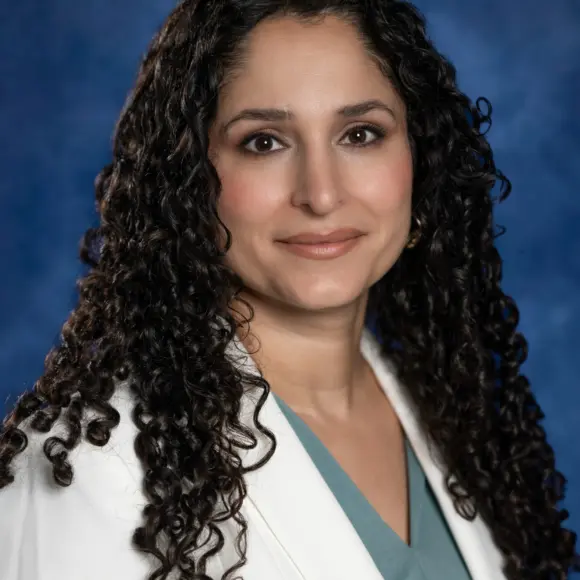
Chief Information Officer

Chief Financial Officer
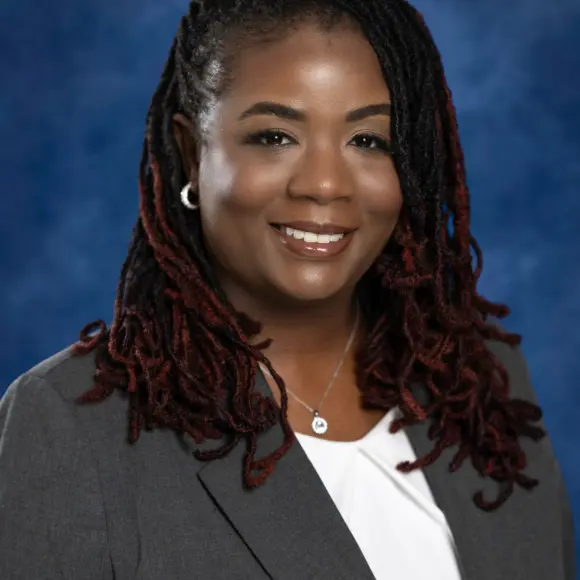
Executive Director MHMR Foundation

Deputy Chief of Program Operations
Accreditations

The Commission on Accreditation of Rehabilitation Facilities (CARF) is a non-profit organization that specifically accredits rehab organizations. Founded in 1966, CARF's, mission is to help service providers like rehab facilities maintain high standards of care.
CARF Accreditation: Yes
Contact Information
1200 Circle Drive
Suite 400B
Fort Worth, TX 76119
